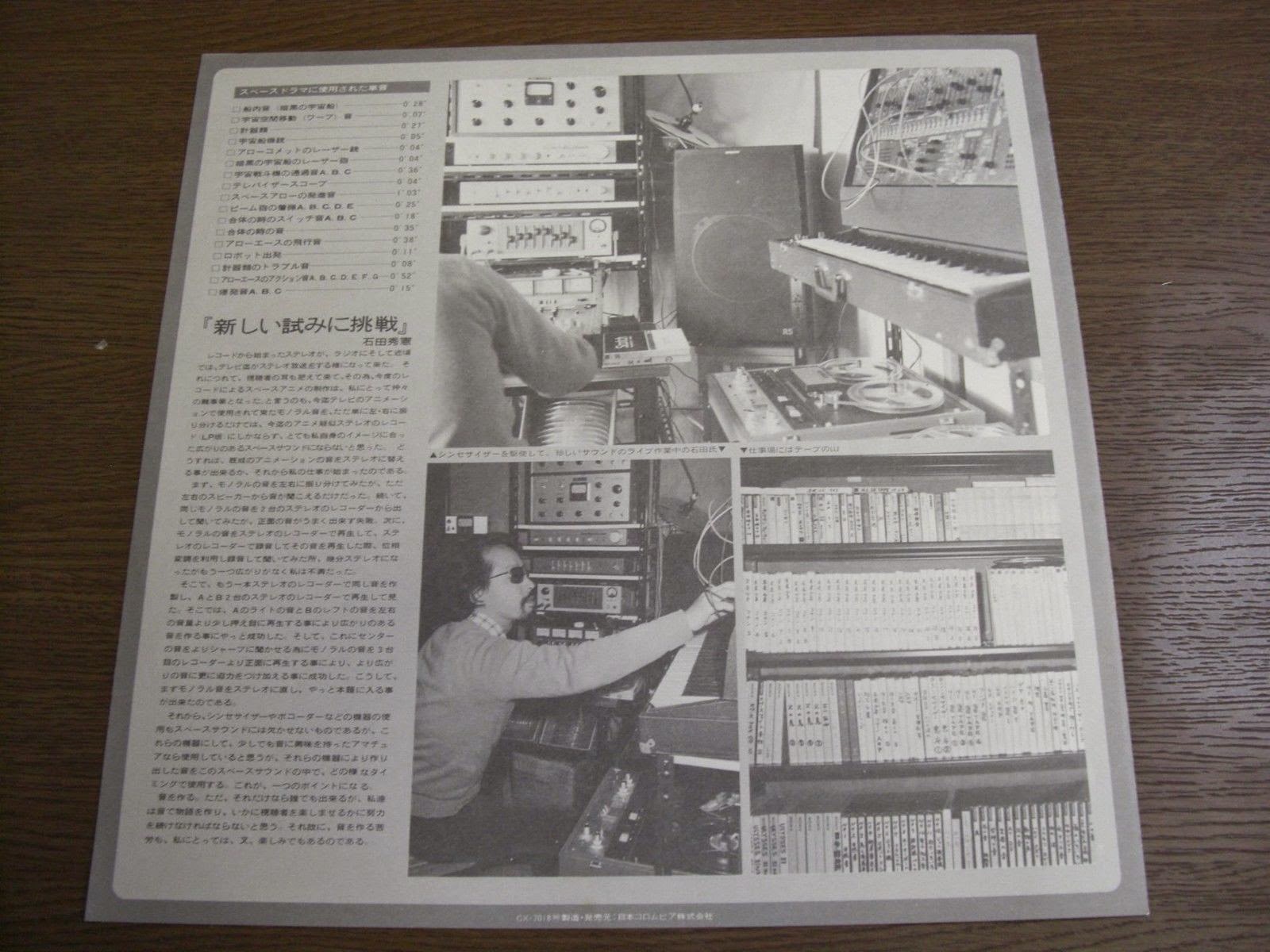In the Nov/Dec 2022 issue of Post Magazine, Director James Gray (Armageddon Time, Ad Astra, The Lost City of Z) mentions audio when asked generally about opportunities in post-production:
"The thing about production sound is you can never reproduce all the magical little inflections of the actor on the day. [snip] Your performances have a greater authenticity."
"Dealing with sound and the mix is my favorite part of post. Sound is half the experience and underrated, and I love the way a certain sound effect or an ambient track can change the whole mood of a scene. [snip] It's how we really reach the audience subconsciously. The audience is tremendously educated and advanced when it comes to visuals, maybe because of videogames and because it's a more obvious form of communication. [snip] But I think our ears and all the audio processing is our biggest stealth weapon to get to your soul."





